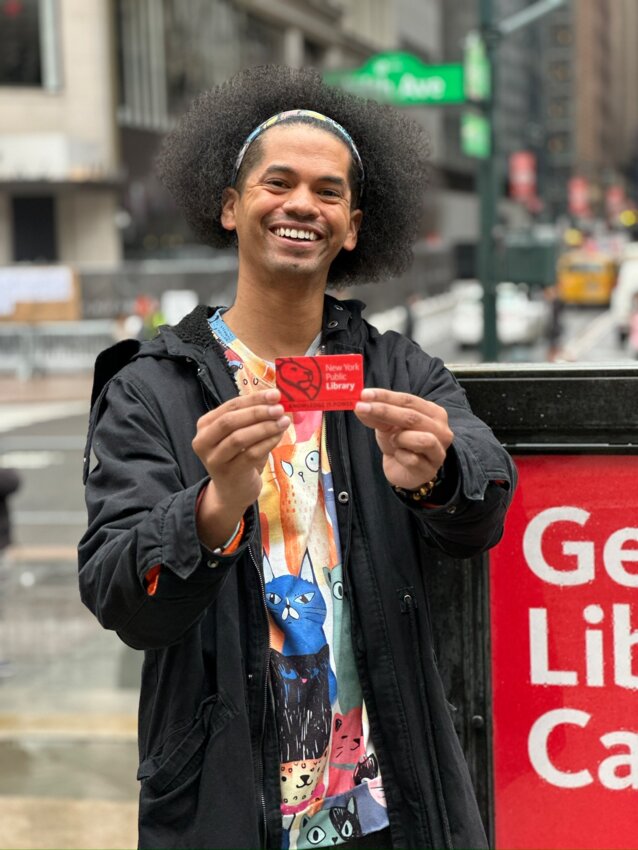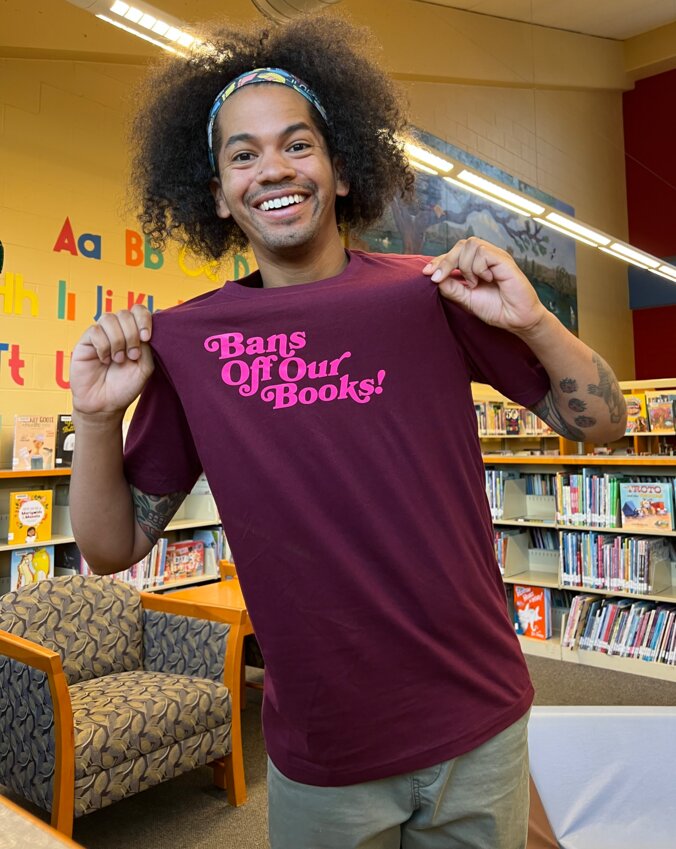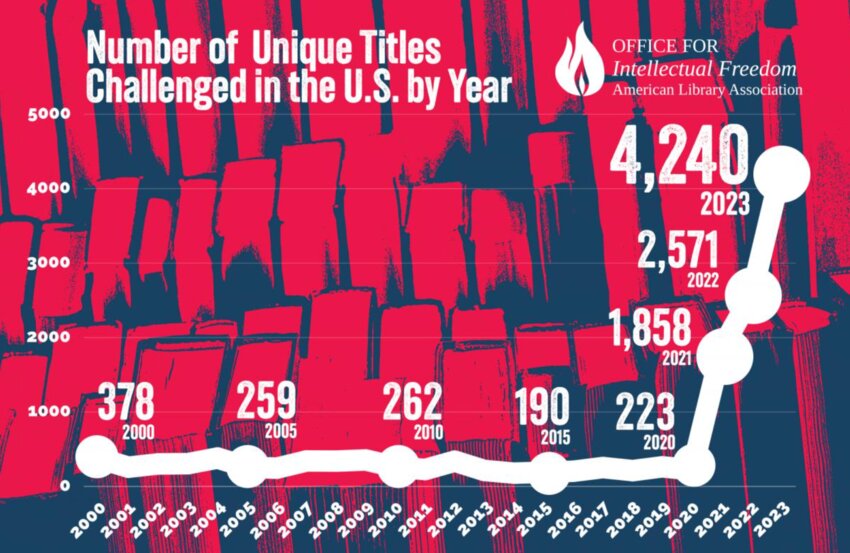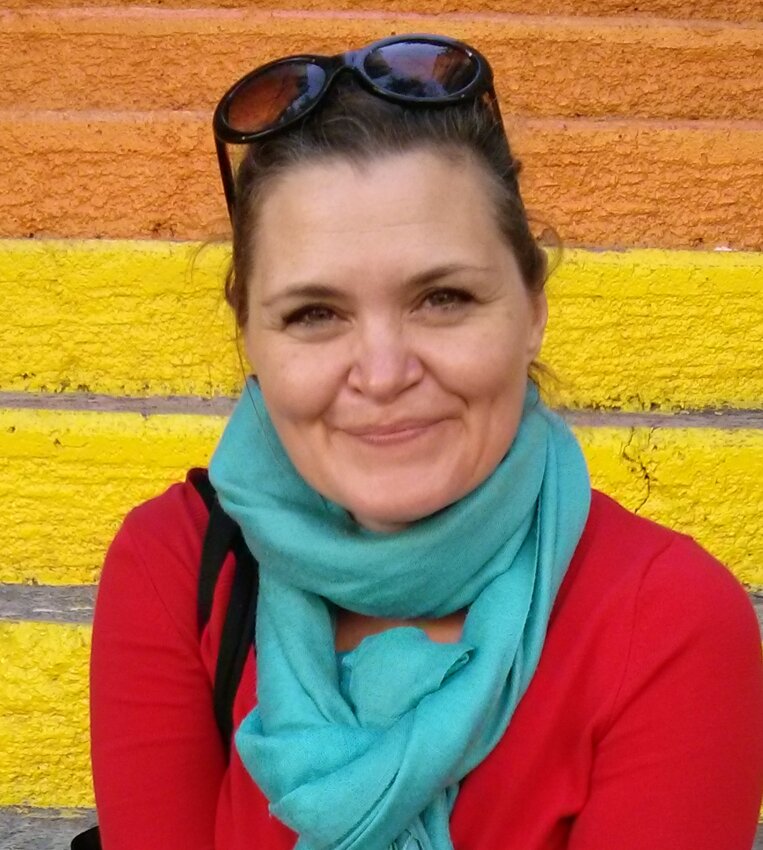Libraries hold a special place in the hearts of many, serving as cherished institutions that foster connections within communities. But over the past few years, U.S. libraries have become a battleground for political wrangling brought on by right-wing conservative activist groups seeking to change laws and restrict access to books or remove those they deem offensive from school and public libraries.
From Missouri to Idaho, the stakes have escalated, from demands to remove books to proposed legislation that could lead to librarians losing their jobs or facing legal repercussions, including potential jail time, for curating library collections according to established historical and industry standards.
This has librarians, educators, advocates and lawmakers wrestling with the implications of measures that could penalize individuals providing access to materials deemed inappropriate or harmful by conservative activists.
Critical challenges facing libraries
The American Library Association’s (ALA) most recent study found that in 2023, there was a 65% increase (compared to 2022) in books targeted for censorship in some form. The ALA, the nation’s largest and oldest library industry group, identified 4,240 unique book titles that were the subject of censorship efforts in school and public libraries, the highest number ever.
ALA’s President, Emily Drabinski, told E&P their research shows many of the books targeted for censorship are written by or about LGBTQIA+ and BIPOC individuals. The top 10 books in 2023 that had the most requests for censorship included Nobel Laureate Toni Morrison's “The Bluest Eye,” Maia Kobabe’s “Gender Queer” and “All Boys Aren’t Blue” by George Johnson.
Conservative advocates and parents are asking authorities to review these books and remove them from library shelves based on some idea that they are dangerous for children or communities. These efforts have become more coordinated over the past few years as right-wing political advocacy groups like “Moms for Liberty” have extended their reach state by state. Drabinsky says she sees this campaign to censor books and target public and school libraries as a part of a larger effort to influence public services writ large.
These efforts have moved the needle from community members filing grievances with local oversight boards to targeting public librarians themselves, with new Republican-sponsored state laws that could result in violators losing their jobs, facing fines or even jail. Drabinsky said she believes fear is being weaponized — targeting under-resourced libraries and librarians to combat such coordinated campaigns.
“I think we need to define censorship more broadly, to think about the problem not just as restricting access to books, but undermining the public library as an institution, undermining public library workers as agents of the public good and sowing fear and anxiety in communities,” she said. “You censor LGBTQ+ materials in your libraries. You gut legal protections for LGBTQ+ people. You restrict voting rights for people of color … and you restrict reproductive rights. If we define this problem as a book ban and leave it at that, then our solution will be to put the book on the shelf. It is one part of much bigger, complex problems facing America today.”
The ALA tracks what they call “adverse legislation” — bills they define as, if passed, they would restrict public libraries from providing “diverse materials, resources and programming to their communities.” Their tracker indicated an “unprecedented” number of bills introduced in 2024 across 24 U.S. states. Overall, the tracker says 102 laws are making their way through state legislatures that would limit material available in library research databases, as well as access to books on their shelves that relate to Critical Race Theory (CRT) or LGBTQIA+ issues.
Legislating censorship in this way could easily lead down a slippery slope, making it easier to build up precedent and enabling advocacy groups to target other types of media beyond books, including newspapers, magazines, newsletters, documentaries and more. Like libraries, news media publishers have a stake in this.
The expanding role of libraries
As the digital world expanded in the 1990s, there was concern that libraries might become irrelevant. Drabinski says that proved false because libraries have always provided more than access to books. Their role in connecting patrons to resources and services actually expanded over the decades, even as budgets diminished and many public safety nets shrunk.
Today, public libraries nationwide provide literacy support, job search and training courses. They also offer internet access to those who don't have it and lend items like tools and musical instruments.
Drabinski pointed out that libraries have also been vital for communities during a crisis: “During the pandemic, libraries played a role in ensuring people had health information and remained in their homes. Libraries were where people who didn’t have access to a computer, the internet or even an email address could access eviction assistance or protection funds that were available only to those of us who could navigate that system. So, there’s the life-saving elements of the library.”

Mychal Threets, a former public librarian from California with more than 1.5 million followers on social media, said libraries are critical community meeting spaces. Threets is now the resident librarian for PBS Kids, promoting literacy across the country. He spoke with E&P about what he's learned touring libraries in different states.
“You think New York is different, Iowa is different, Ohio is different, Maryland is different and California is different. But when it comes to libraries, they’re all the same,” explained Threets. “No matter what their population, libraries are all about belonging; that includes unhoused people, to give them a chance to get out of the elements, use the restroom and pursue literacy, just like anybody else. That’s very important. And it’s not just poor people who use the library. Some wealthy people come in to connect with other community members and get books or participate in events.”
As the resident librarian for PBS Kids, Threets promotes the joy of reading among children, sharing stories and book recommendations, and encouraging children to cultivate a lifelong love for reading that can help people better understand the broader world.

“Reading is not just about acquiring knowledge; it’s about finding joy in books,” Mychal said. “Literacy liberates and empowers us to explore new worlds, perspectives and ideas. Book bans actively impede our freedom to read and deprive us of the opportunity to explore diverse voices and experiences,” Mychal asserts. “Literacy liberation through access to literature is essential for fostering empathy, understanding and inclusivity.”
Threets also explained that, in his experience, librarians engage in conversations with families and individuals about what kind of material might be appropriate in a given situation. “We remind the grownups that this is a conversation for them to have together [as a family], to determine what’s suitable for them. It’s hard for us to say, ‘This is what’s appropriate.’ We can’t do that without a conversation because appropriateness differs from family to family and individual to individual.”
In the crosshairs
Drabinksi said the increasingly coordinated efforts across many states to bring legal action or threatened job loss stifles librarians. “It’s about terrorizing those librarians. I think about a rural librarian who’s already up against it, already working in an under-resourced institution, in communities that are decimated. Asking that rural librarian to stand strong on her own and put a book about LGBTQ+ experience on the shelf for a kid she knows needs it is a big ask."
Recently, in Prattville, Alabama, the public library director, Michael Foster, was reportedly fired in part for sharing information with the Alabama Political Reporter about a request by city officials to assess books for possible censorship. Foster’s attorney is reported as saying Foster was responding to a FOIA request for information. The city subsequently fired four other librarians who worked under Foster for refusing to work in an act of solidarity with Foster.

Local libraries are administered by local authorities and receive most funding at the state and local levels. Federal funds are available for providing internet access programs, and federal grants are available through the Institute of Museum and Library Services (IMLS) for other programs. ALA points out that the Biden administration's 2025 budget would cut the current budget by 11% for that critical grant program.
State GOP-led legislators have also targeted the ALA specifically, threatening to reduce funding to local libraries that are ALA members. As a result, the ALA has had several local chapters rescind their membership.
In a press release, Drabinski said she’s alarmed by the proposed reduction, “We know we’re in for [a] tough road ahead — everyone is. It's up to us to secure funding for America's libraries. The best way to do that is to tell our stories and show how resources are used to meet our communities’ needs.”
Even with that, the ALA is helping provide legal guidance when possible to libraries and librarians who might find themselves targeted by coordinated censorship efforts, and their LeRoy C. Merritt Humanitarian Fund is being used to help librarians with financial support if they lose their jobs.
Drabinksi said the best hope for libraries and librarians is if more people engage directly with them — to meet the librarians and others in their community. “We need people to use the library. If you don’t have a library card, get one. If you have a friend who doesn’t have one, get them to get a library card. Go to your local library, pick up a book, download a book or attend a program. The best way to protect libraries right now is to use them and to use them as much as you can.”
 Diane Sylvester is an award-winning 30-year multimedia news veteran. She works as a reporter, editor and newsroom strategist. She can be reached at diane.povcreative@gmail.com
Diane Sylvester is an award-winning 30-year multimedia news veteran. She works as a reporter, editor and newsroom strategist. She can be reached at diane.povcreative@gmail.com
Comments
No comments on this item Please log in to comment by clicking here